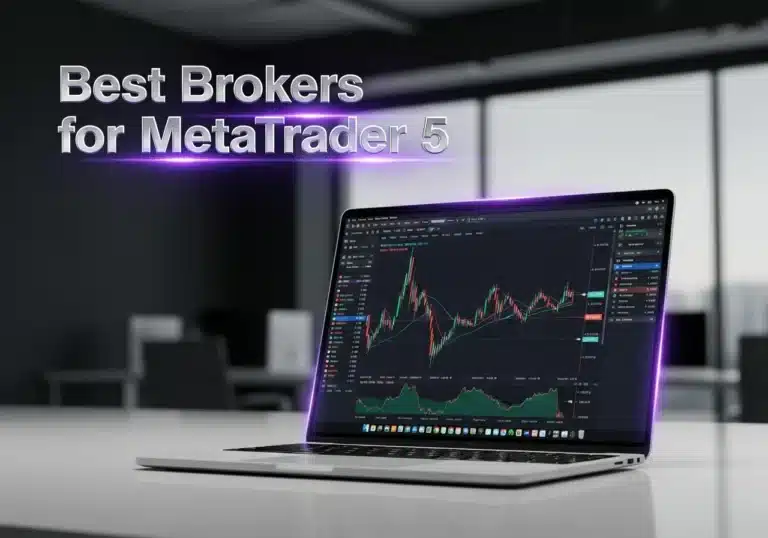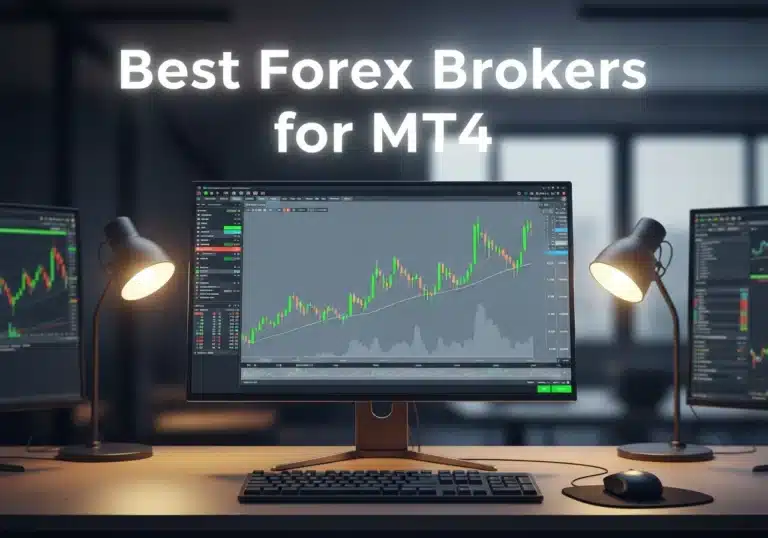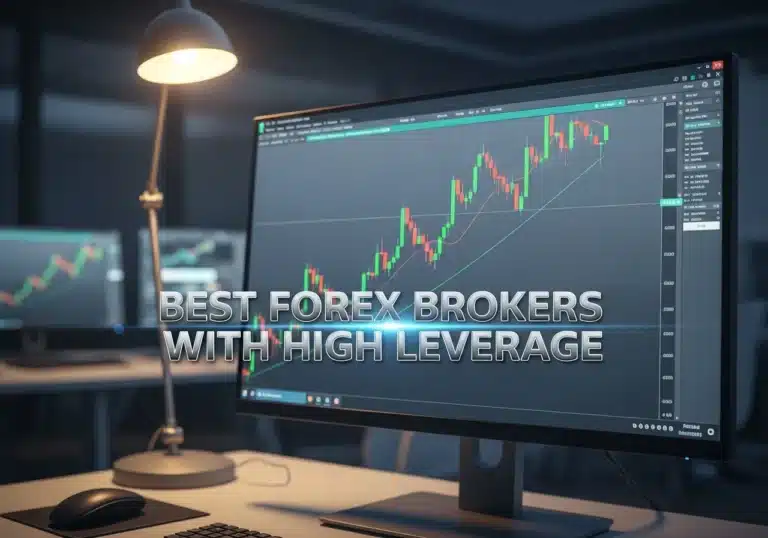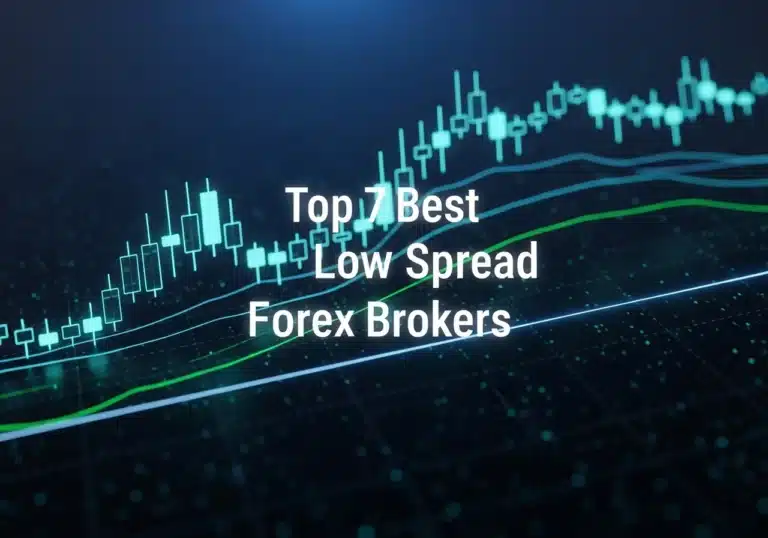Are you ready to navigate the turbulent waters of forex trading? Buckle up, because we’re about to embark on a journey that could save your trading account from disaster! Just like the ill-fated Titanic, your forex trading dreams can hit an iceberg if you’re not careful. But don’t worry – I’m here to be your lookout, helping you spot those hidden dangers lurking beneath the surface.

In this article, we’ll explore the seven biggest mistakes that could turn your forex trading account into a modern-day Titanic. But here’s the good news: with the right knowledge and a trusted online forex broker by your side, you can steer clear of these perils and chart a course for success. So, are you ready to learn how to keep your trading ship afloat? Let’s dive in!
1. Are You Falling for the “Unsinkable” Mentality?
Picture this: You’ve just had a string of successful trades, and you’re feeling on top of the world. Sound familiar? This is exactly how the crew of the Titanic felt – invincible and unstoppable. But we all know how that turned out.

In the forex world, this overconfidence can be your biggest enemy. It’s easy to fall into the trap of thinking you’ve cracked the code and that your trading strategy is foolproof. But here’s the truth: the forex market is as unpredictable as the open sea, and no strategy is truly unsinkable.
Real-life example: Meet Tom, a rookie trader who thought he had it all figured out after a month of profitable trades. Convinced of his infallibility, he bet big on a single currency pair – only to watch his account balance plummet when an unexpected economic report turned the market upside down.
The lesson? Stay humble, my friend. Even the most experienced traders know that the market can change direction faster than you can say “iceberg ahead!” Always be prepared for the unexpected, and never risk more than you can afford to lose.
2. Is Your Risk Management as Flimsy as the Titanic’s Lifeboats?
We’ve all heard the tragic tale of the Titanic’s insufficient lifeboats. In forex trading, your risk management strategy is your lifeline – and you’d better make sure it’s up to the task!

Many novice traders make the mistake of risking too much on a single trade, or worse, not using stop-loss orders at all. This is like sailing into iceberg-infested waters without a proper emergency plan. A solid risk management strategy is the difference between staying afloat and sinking to the depths of financial ruin.
Let’s talk numbers: As a general rule, never risk more than 1-2% of your trading account on a single trade. This might seem small, but it’s the key to longevity in the forex market. Remember, it’s not about making one big score – it’s about consistent, sustainable growth over time.
Pro tip: Use stop-loss orders religiously. They’re like your trading account’s personal flotation devices, keeping you above water even when the market turns against you.
3. Are You Chasing the Market Like It’s the Last Lifeboat?
Imagine you’re on the Titanic, and you’ve just spotted the last lifeboat pulling away. You’d do anything to catch it, right? That’s exactly how some traders behave when they see a trending market – they chase after it, desperate not to miss out.
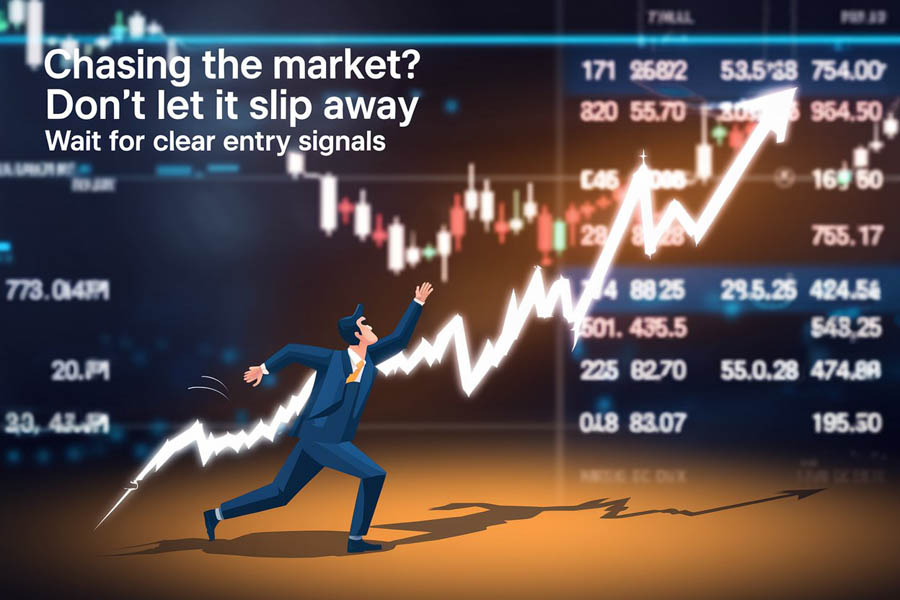
But here’s the catch: by the time you spot a trend, it might already be too late to jump on board safely. Chasing the market often leads to entering trades at suboptimal prices, increasing your risk and decreasing your potential reward.
Story time: Sarah, an eager new trader, kept hearing about the amazing gains in a particular currency pair. By the time she decided to enter the trade, the trend was already losing steam. She bought in at the peak, only to watch in horror as the market reversed, taking a big chunk of her account with it.
The takeaway? Don’t let FOMO (Fear Of Missing Out) drive your trading decisions. Instead, focus on identifying potential trends early, and always wait for clear entry signals before jumping in. Remember, there will always be another opportunity – the key is to be patient and prepared.
4. Is Your Trading Education as Incomplete as the Titanic’s Safety Training?
Did you know that the Titanic’s crew never had a full safety drill before setting sail? In the forex world, diving into trading without proper education is just as dangerous.

Many newcomers to forex trading think they can learn everything they need from a few YouTube videos or forum posts. While these can be great supplementary resources, relying solely on free, unverified information is a recipe for disaster.
Meet Alex, a self-taught trader who thought he knew it all after binge-watching trading tutorials online. He jumped into live trading, only to realize that real market conditions were far more complex than his video education had prepared him for. The result? A series of costly mistakes that could have been avoided with proper training.
The solution? Invest in your forex education like your trading account depends on it – because it does! Look for reputable courses, books, and mentors. And remember, education is an ongoing process. The forex market is always evolving, and so should your knowledge.
5. Are You Overloading Your Trading Ship with Unrealistic Expectations?
The Titanic was built to be a floating palace, loaded with luxuries. But all that extra weight made it harder to maneuver when it really counted. Similarly, many traders weigh themselves down with unrealistic expectations, dreaming of overnight riches and constant winning streaks.

The truth is, forex trading is not a get-rich-quick scheme – it’s a skill that takes time, patience, and persistence to master. Setting unrealistic goals can lead to disappointment, frustration, and ultimately, poor decision-making.
Let’s talk about Mike. He started trading forex with the goal of quitting his day job within three months. When he didn’t achieve this lofty goal, he became discouraged and started taking bigger risks, trying to make up for lost time. You can probably guess how that turned out.
The lesson? Set realistic, achievable goals. Focus on consistent small wins and gradual account growth rather than aiming for the moon. Remember, even a 1% daily gain compounds to an impressive annual return. Slow and steady wins the race in forex trading.
Read More: Master High Volatility News In Forex
6. Is Your Trading Plan as Vague as the Titanic’s Iceberg Warnings?
The Titanic received several iceberg warnings on that fateful night, but they were too vague to prompt decisive action. In forex trading, a vague or nonexistent trading plan can be just as disastrous.
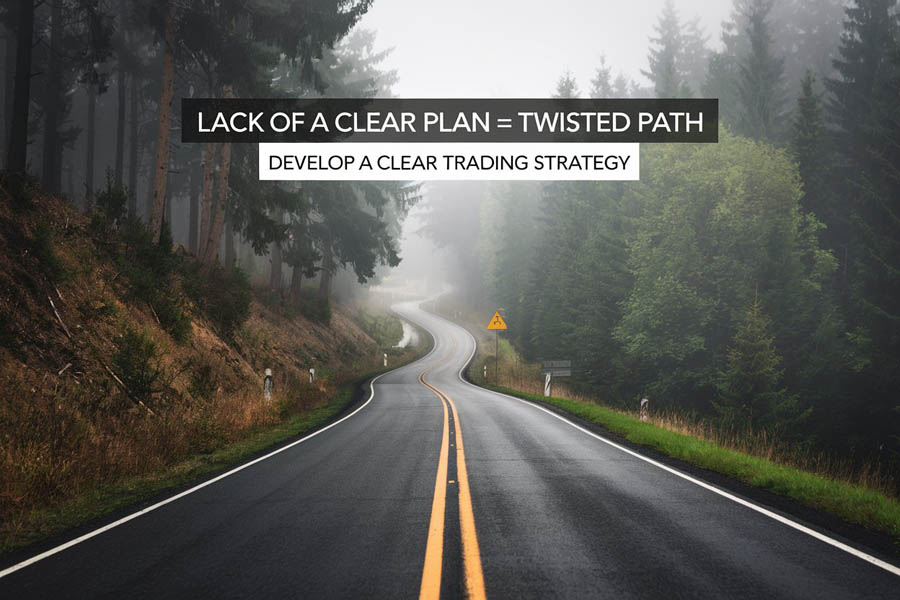
Many traders enter the market without a clear strategy, making decisions on the fly based on emotions or hunches. This is like navigating through fog without a compass – you might get lucky for a while, but eventually, you’ll hit something you didn’t see coming.
A well-defined trading plan is your map and compass in the forex sea. It should outline your goals, risk tolerance, preferred currency pairs, entry and exit strategies, and how you’ll manage your trades. Without this, you’re just gambling.
Consider the tale of two traders: Emma and Jack. Emma trades with a detailed plan, sticking to her predefined strategies even when emotions run high. Jack, on the other hand, trades by feel, changing his approach with every market swing. After a year, Emma’s account shows steady growth, while Jack’s looks like a roller coaster – with a downward trend.
The takeaway? Take the time to develop a solid trading plan, and then stick to it. Your plan should be specific enough to guide your decisions, but flexible enough to adapt to changing market conditions. And remember, a good plan is useless if you don’t follow it!
7. Are You Ignoring Market Conditions Like the Titanic Ignored Ice Warnings?
On the night of its sinking, the Titanic’s crew ignored or downplayed several ice warnings. In the forex world, failing to stay informed about market conditions and economic events can be equally catastrophic.
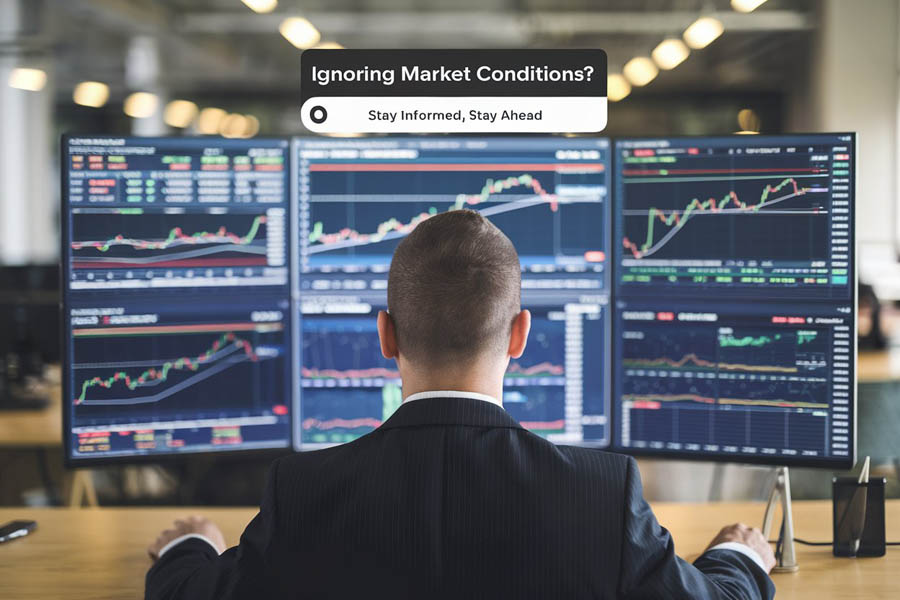
Many novice traders make the mistake of focusing solely on technical analysis, ignoring the broader economic picture that drives currency movements. But in forex trading, knowledge truly is power. Staying informed about economic indicators, geopolitical events, and central bank decisions can give you a significant edge.
Meet Lisa, a trader who relied exclusively on chart patterns for her trading decisions. She entered a large position just before a major economic report was released, confident in her technical analysis. When the report came out with unexpected results, the market moved sharply against her position, resulting in a significant loss that could have been avoided with better awareness of market conditions.
The solution? Make staying informed a key part of your trading routine. Use an economic calendar to keep track of important events. Read reputable financial news sources regularly. And most importantly, learn how to interpret this information and incorporate it into your trading decisions.
Remember, in forex trading, as in seafaring, it’s not just about knowing how to sail – it’s about understanding the sea itself.
Read More: News Trading In Forex: Strategies For Navigating Economic Releases
Ready to Start Your Forex Journey? Choose OpoFinance!
Now that you’re armed with knowledge about the common mistakes to avoid in forex trading, you might be wondering where to start your trading journey. Look no further than OpoFinance, your trusted partner in the forex market!

As an ASIC-regulated broker, OpoFinance offers the security and peace of mind you need to trade with confidence. But what really sets OpoFinance apart is our innovative social trading platform. Imagine being able to follow and copy the trades of successful forex traders, learning from their strategies in real-time. That’s the power of social trading with OpoFinance!
With OpoFinance, you’ll enjoy:
- A user-friendly platform suitable for both beginners and experienced traders
- Access to a wide range of currency pairs and other financial instruments
- Educational resources to help you continually improve your trading skills
- Excellent customer support to assist you every step of the way
Don’t let your forex trading dreams sink like the Titanic. Set sail with OpoFinance and navigate the forex markets with confidence. Sign up today and discover how our social trading platform can elevate your trading experience to new heights!
Wrapping Up: Keeping Your Trading Ship Afloat
Just like the Titanic’s tragic journey, forex trading can be full of hidden dangers. But armed with the right knowledge and approach, you can navigate these treacherous waters successfully. Let’s recap the seven mistakes to avoid:
- Overconfidence: Stay humble and always be prepared for market shifts.
- Poor risk management: Use proper stop-losses and never risk too much on a single trade.
- Chasing the market: Don’t let FOMO drive your decisions – wait for clear entry signals.
- Insufficient education: Invest in quality forex education and keep learning.
- Unrealistic expectations: Set achievable goals and focus on consistent growth.
- Lack of a clear trading plan: Develop and stick to a well-defined strategy.
- Ignoring market conditions: Stay informed about economic events and their potential impact.
Read More: 5 Economic Reports That Could Be A Forex Trader’s Worst Nightmare
By avoiding these common pitfalls, you’ll be well on your way to charting a successful course in the forex market. Remember, every great trader started as a beginner. With patience, discipline, and continuous learning, you can turn your forex trading journey into a voyage of discovery and success.
How long does it typically take to become a profitable forex trader?
hile everyone’s journey is different, most successful traders agree that it takes at least a year of consistent practice and learning to start seeing reliable profits. Remember, forex trading is a skill that requires time to develop. Focus on consistent improvement rather than overnight success.
Is it possible to trade forex part-time, or do I need to quit my job to be successful?
Many successful forex traders start part-time and some choose to keep it that way. With proper time management and a well-structured trading plan, you can absolutely trade forex alongside a full-time job. In fact, starting part-time can be a great way to develop your skills without the pressure of needing to make a full-time income from trading.
How much money do I need to start trading forex?
You can start trading forex with as little as $100 with some brokers, but it’s generally recommended to start with at least $500 to $1000. This gives you more flexibility and reduces the pressure to make large percentage gains quickly. Remember, it’s not about how much you start with, but how well you manage your risk and grow your account over time.


